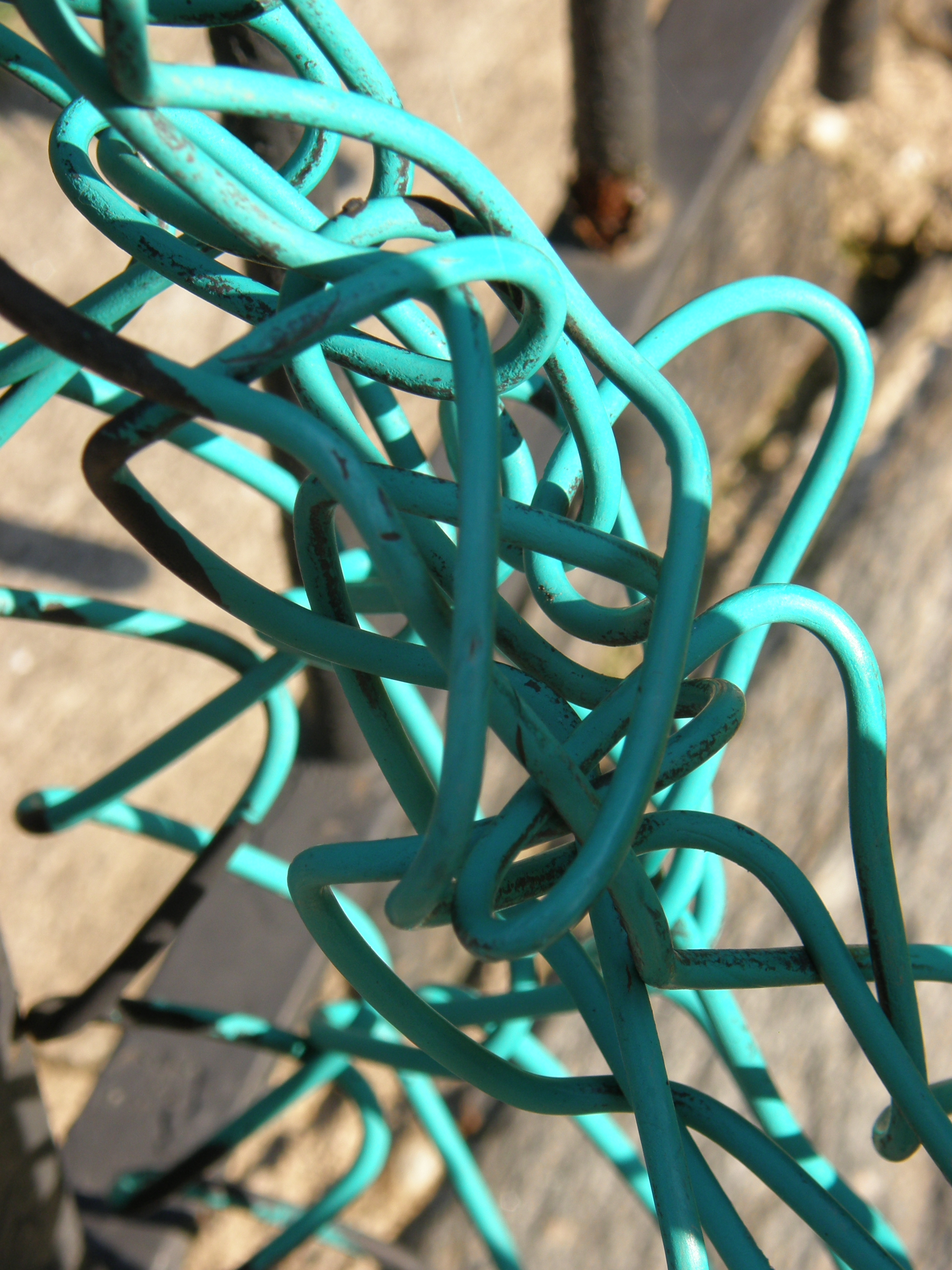How important is authentic language practice? When you’re a beginner learner, does it make sense to try some more advanced foreign language materials? Here are two perspectives on this. I’m currently trying to find this out, so any comments are welcome!
1. Listening and reading above your level
This is what happened this week: I listened to a series of podcasts in Portuguese, I read several news articles and company websites online, and spent plenty of time discovering great literature from Brazil and Portugal. Oh, and I also learned how to set up a business in Angola or Mozambique. All in Portuguese.
At least, I think I did all that. I’m a beginner in Portuguese, after all 🙂 This leads me to an interesting question: does it make sense for low-level language learners to choose texts which are too demanding for them? Perhaps there’s more harm done to their linguistic confidence that way – maybe it’s easier to just deliver things in little, digestible chunks.
There are at least two ways to approach this. I’m really curious to see if you come up with more ideas here.
2. The Deliberate Teacher way
This perspective would suggest an “easy does it” approach to teaching anyone a language. There’s a progression, a curriculum to follow. There are expectations at each stage, in terms of what learners can hopefully do with their language. And as such, care and pacing should be encouraged.
This is what almost all language schools and courses would do. The language would be graded, divided and presented in portions. Learning and teaching would focus on certain areas of your study, and there would usually be a goal assigned to everything that is done.
It works for learners, teachers, businesses. It can be easily graded, assessed, trusted, bought and sold. In fact, this is what the last 10 years of my career have been about: helping learners and teachers along these paths.
Which makes the other way (if there is one?) so much more interesting.
3. The Power Learner way
This is what I’ve been doing with Portuguese, German, French – and with many other things: doing things my way. Biting off more than I can chew. Figuring things out the best I can.
I know there are pre-packaged things out there, and they’d serve me well in most cases. But I also know that I’m surrounded by all languages, all the language, all the time. And that it’s not going to go away or slow down in real life. I know I’m well-equipped to deal with things, and my skills from previous learning are transferable. So why reduce my learning to what I’m ready for? Why not go for broke?
4. There are more Deliberate Teachers than Power Learners; here’s why
Teaching in small chunks makes more sense. It’s easier to plan for, easier to manage, and easier to measure.
Selling courses in small chunks makes more sense. It’s easier to show progress, easier to package, easier to mass-market.
Learning languages in small chunks makes more sense. It’s easier to feel accomplished, easier to feel safe, easier to link what you know to what you’re learning.
And describing language learning in small chunks makes more sense. It’s easier to map languages together, easier to find things which are similar, easier to find people interested in the same chunks.
The Power Learner has it all at once. Therefore, all the language all the time makes much less sense. Which means that power learners will have to make much more sense themselves. Their way. It’s harder to teach, harder to sell, harder to learn and harder to describe.
This is why power learners feel left behind. This is why there is so many easy solutions – promising fluency in X months or after Z hundred words. And there are very few voices describing a power learner perspective.
5. What do you think?
- Would you prefer to learn a new language in a safe and well-paced way, or go for all of it all the time?
- Do you like it when things make sense to you and to everyone – or do you prefer to figure things out for yourself, methodology-be-damned?
- Are we on to something here, or should I just shut up and buy a Portuguese coursebook like all the other nice students? 🙂
Let me know.
Wiktor (Vic) Kostrzewski (MA, DELTA) is an author, translator, editor and project manage based in London. When he works, he thinks about languages, education, books, EdTech and teachers. When he doesn’t work, he probably trains for his next triathlon or drinks his next coffee.
BRAVE Learning (formerly known as 16 Kinds) is a lifelong learning and productivity blog. If you enjoy these posts, please check out one of my books and courses.
My recent publications, and my archive, is now all available on my new project: PUNK LEARNING. Hope to see you there!


